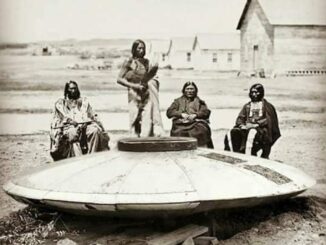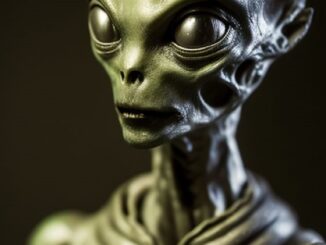Jean Hackman’s Secrets: Hollywood’s Hidden Game of Power and Silence
Jean Hackman, the legendary actor famed for his powerful performances and captivating screen presence, chose not to take his secrets to the grave.
Behind his celebrated roles and Academy accolades, Hackman silently harbored stories of Hollywood’s darkest secrets—secrets he witnessed firsthand but long kept hidden.
Hollywood’s glittering facade concealed dark, whispered exchanges and clandestine agreements.
Icons such as Clint Eastwood, Tom Cruise, Warren Beatty, and even Marlon Brando were more than just cinematic legends; according to Hackman, they were gatekeepers, influencers, and occasionally enforcers in Hollywood’s secret power structure.

Hackman’s relationship with Clint Eastwood soured significantly after their collaboration on “Unforgiven.” Hackman portrayed Little Bill Daggett, a challenging role demanding emotional depth.
Yet, he privately criticized Eastwood’s directorial style, calling him merely a “cowboy who knows how to press buttons,” highlighting Eastwood’s cold, detached method of filmmaking.
According to Hackman, Eastwood was not just a director but a gatekeeper who could silently extinguish careers.

A hidden blacklist, reportedly compiled by Hackman, noted names of promising directors whose careers abruptly ended—not due to lack of talent, but due to an invisible hand attributed to Eastwood’s extensive influence.
Equally unsettling was Hackman’s view of Tom Cruise, an influential figurehead of Scientology. Hackman famously labeled Cruise “the most dangerous missionary kid in Hollywood,” wary of his role as a public front for an organization Hackman viewed with suspicion and disdain.
Scientology, in Hackman’s eyes, was a controlling network dictating careers, suppressing dissent, and allegedly responsible for silencing opposition.
Cryptic calls Hackman received late at night warning him to “be careful” underscored his belief that Cruise was not simply a star but a puppet—and yet, crucially, a gatekeeper of Hollywood’s inner sanctum.

Hackman’s relationship with Warren Beatty, once a close friend, deteriorated after Hackman overheard Beatty orchestrating a discreet settlement involving allegations against another prominent actor.
Beatty’s casual approach to such serious accusations chilled Hackman, forever altering his perception of Hollywood’s power dynamics.
Hackman later privately referred to Beatty as a power broker who mediated covert deals between influential figures and those whose silence was bought and paid for.
According to confidential sources, Hackman documented these encounters meticulously, leaving notes suggesting Beatty benefited personally from such settlements, profiting from Hollywood’s hidden transactions.
Perhaps most haunting was Hackman’s perspective on Marlon Brando, an actor revered by audiences and peers alike.
Yet, Hackman recalled a disturbing event from 1973, a private Hollywood party where young actors faced troubling pressure. Brando stood apart, silent yet knowing, a passive witness to the exploitation that Hackman found impossible to overlook.
Brando reportedly planned to reveal Hollywood’s secrets in a memoir titled “The Unwritten Obituary,” a project abruptly halted when materials vanished from Brando’s office in a mysterious break-in.
Hackman believed Brando’s silence thereafter indicated intimidation by powerful forces determined to maintain their secrets.
Jean Hackman’s final years were shadowed by regret and the burden of knowledge. Notes found after his passing contained haunting phrases such as, “He’s not the king, he’s the gatekeeper,” and “WB knew it all and cashed it all,” serving as indictments of those he once trusted.
His poignant reflections depicted Hollywood as a chessboard where powerful figures controlled the game from the shadows, manipulating careers, suppressing truths, and orchestrating cover-ups.
In his twilight, Hackman chose to break silence, hoping someone would have the courage to confront these chilling realities head-on. Yet, crucial evidence—the tapes, notes, and documents—vanished as swiftly as the careers he once saw extinguished.
The ultimate question—who is “The Fixer,” the mysterious figure reputed to erase scandals at will—remains unanswered, haunting Hollywood long after Hackman’s departure.
Today, Jean Hackman’s revelations continue to resonate in Hollywood’s collective memory.
They remind us that beyond dazzling premieres and red carpets lies a hidden realm, as compelling as it is unsettling, where fame and power come at a silent, often devastating price.


